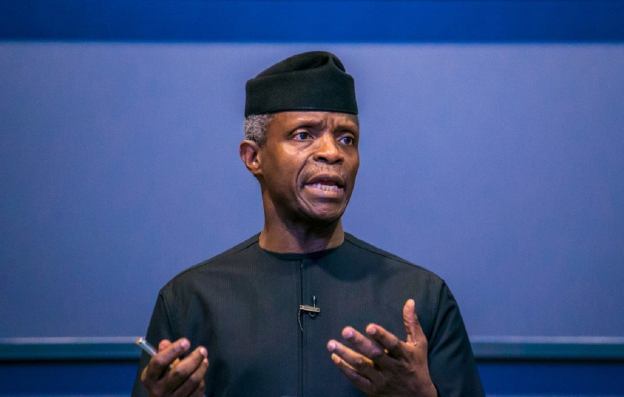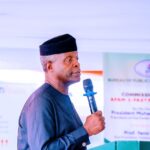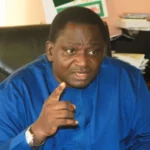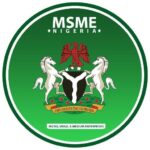Vice President Yemi Osinbajo has stressed the need to expand the scope and reach of the benefits of Survival Fund, following the impact and interest already generated among Nigerians by the ongoing implementation of the Fund under the Economic Sustainability Plan.
The Vice President spoke on the plan at a virtual meeting held just before the Christmas holidays between Prof. Osinbajo and the Steering Committee of the MSMEs Survival Fund.
The meeting was attended by Minister of State for Industry, Trade and Investment, Ambassador Mariam Katagum, Chairperson of the Committee; the Chairman of First Bank, Mrs Ibukun Awosika, the Committee’s Vice Chairperson, among other members.
Osinbajo, in a statement issued on Monday by his spokesman, Laolu Akande, said: “the data indicating what you have done so far shows that it is possible for government to deliver big programmes, and to deliver them credibly. And it is possible for people to actually benefit from government programmes especially with as little interference as possible from the political forces which is what has been the bane of several government programmes in the years past.
“I think that we must find ways of expanding the scope of the scheme, because when you look at the numbers that we have approval for, the numbers are small in comparison to the enormity of the problems that we are faced with.
“Even if we are able to reach 2 million beneficiaries, it is still a tiny percentage of the millions who require help and assistance. So, I think, we have to find ways of trying to seek an approval to expand the scope of the scheme. This is an important aspect of it.”
In another virtual meeting on Tuesday, Vice President Yemi Osinbajo, and some federal ministers interacted with the Nigeria Automotive Manufacturers Association (NAMA).
At the meeting, Osinbajo said the central plank of the government’s automotive policy was to protect the interest of all Nigerians, noting that maintaining high tariffs on automobiles will not necessarily lead to growth in the industry.
Prof. Osinbajo said the way forward was for “the auto industry to challenge itself and whatever support it requires from government to be able to say, where is the Nigerian car that will be affordable to all and affordable to most people….
“There are countries of the world that have the same parameters as we have and are able to do much more for their people. I think we should think along those terms, and not simply think about how this industry will maintain this relatively high tariff and for how long will this high tariff be maintained. Is this the only way of sustaining the industry? I don’t think so. You don’t need 77% percent tariff to ensure an industry grows, I don’t think so,” he added.

 Join Daily Trust WhatsApp Community For Quick Access To News and Happenings Around You.
Join Daily Trust WhatsApp Community For Quick Access To News and Happenings Around You.


